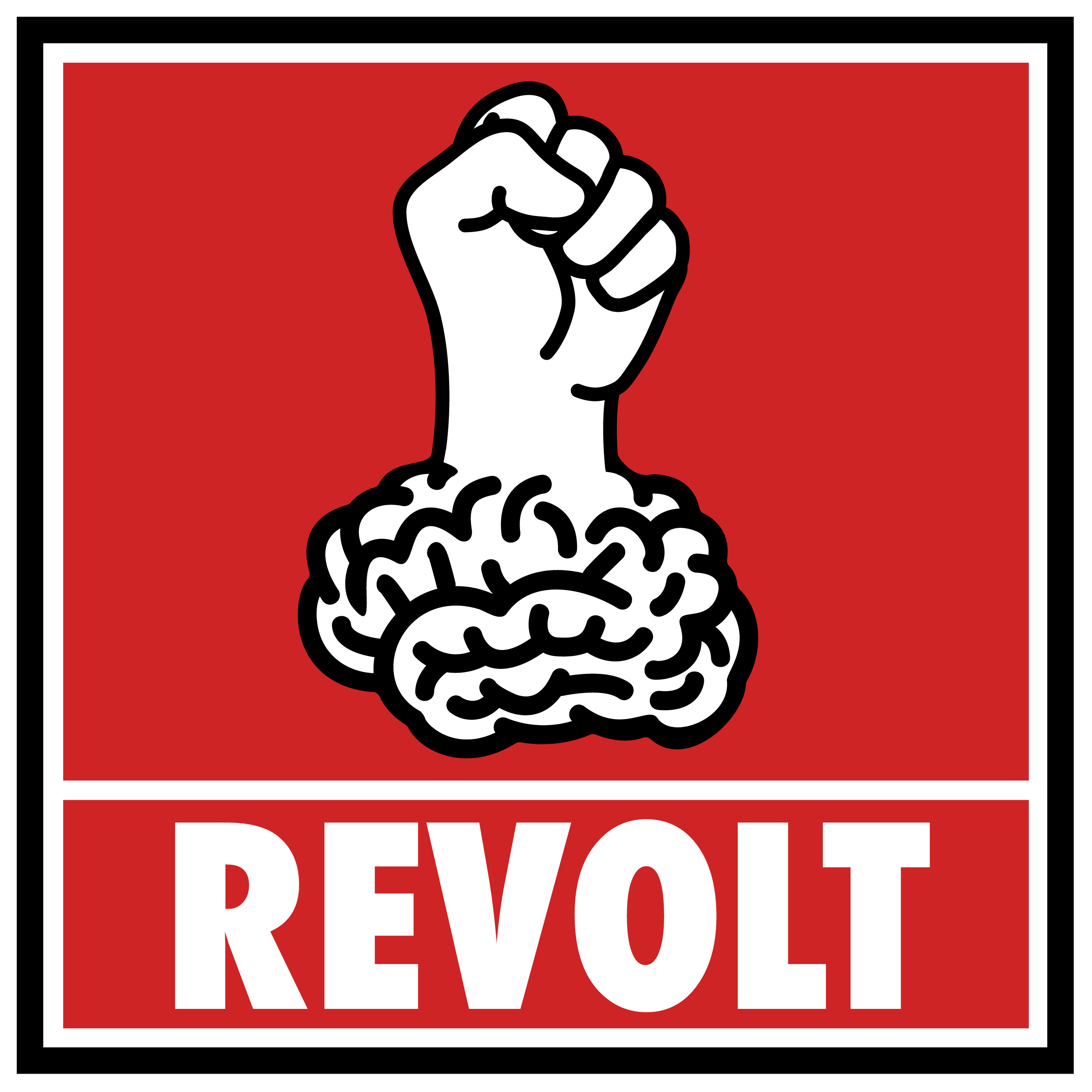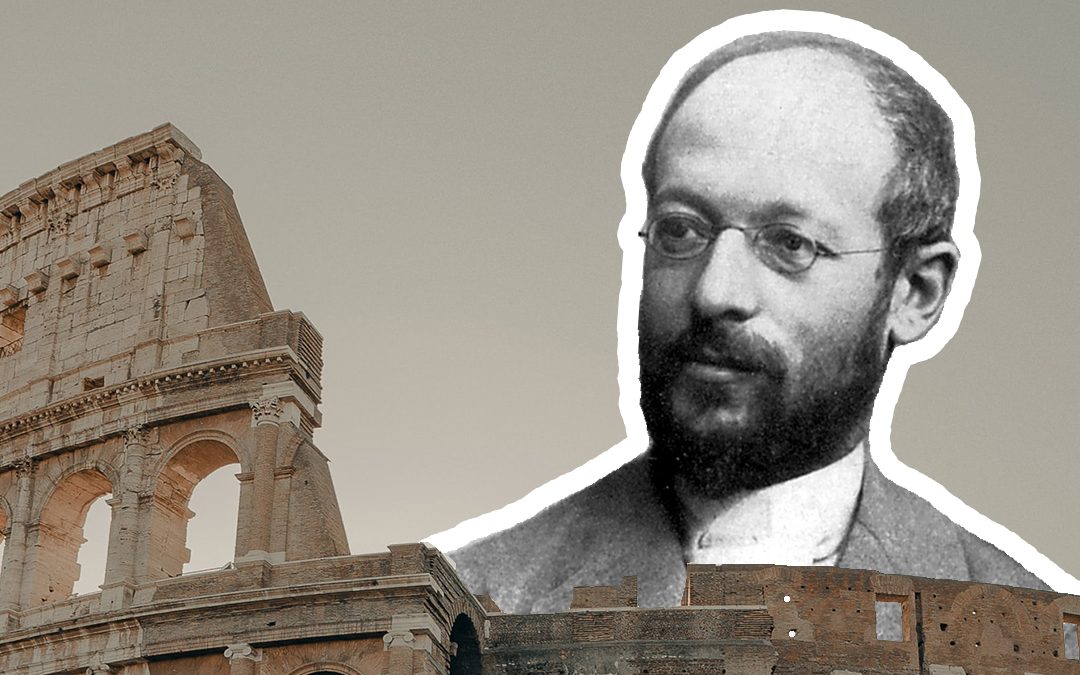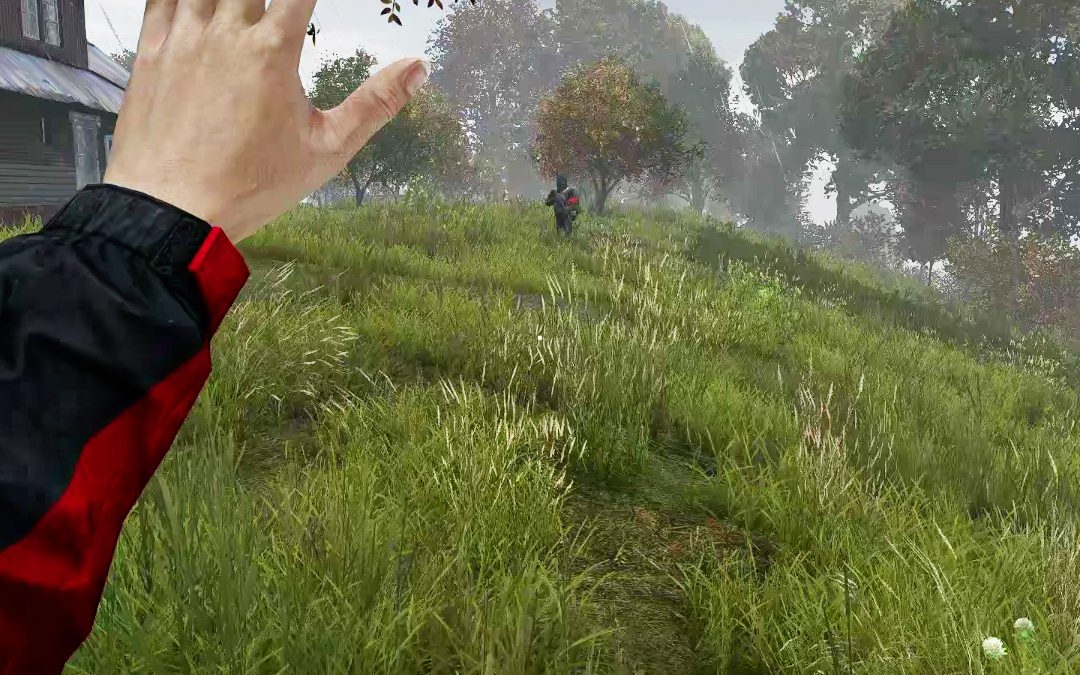
May 11, 2022
DayZ is one of many games set in an apocalypse, but unlike all others, it forces the player to create their own “narrative.” Thus, it presents the opportunity to offer commentary on both conscious and subconscious popularity of consuming apocalyptic media. Further, by placing the consumer into the story in ways none of the other mediums can, it may offer insights into the way consumers think about their role in a post-apocalyptic world.
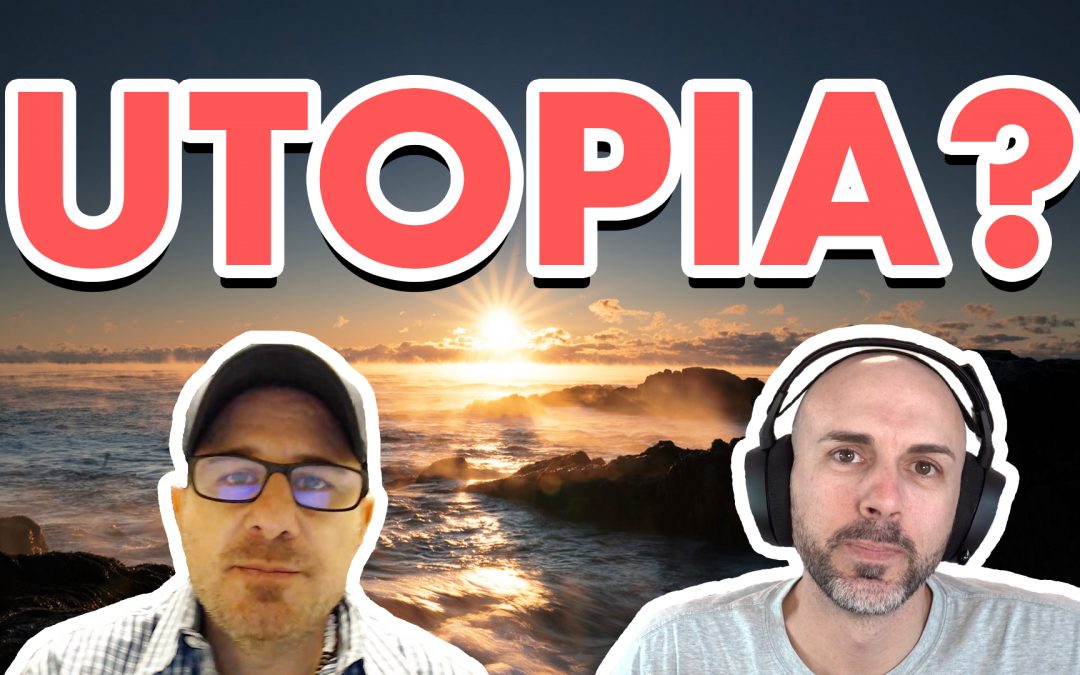
Apr 13, 2022
Continuing our series on the apocalypse, we discuss the chapter “Dying of Happiness: Utopia at the End of this World” in Maria Manuel Lisboa’s book “The End of the World: Apocalypse and its Aftermath in Western Culture” and the idea that utopia itself might bring about the apocalypse.
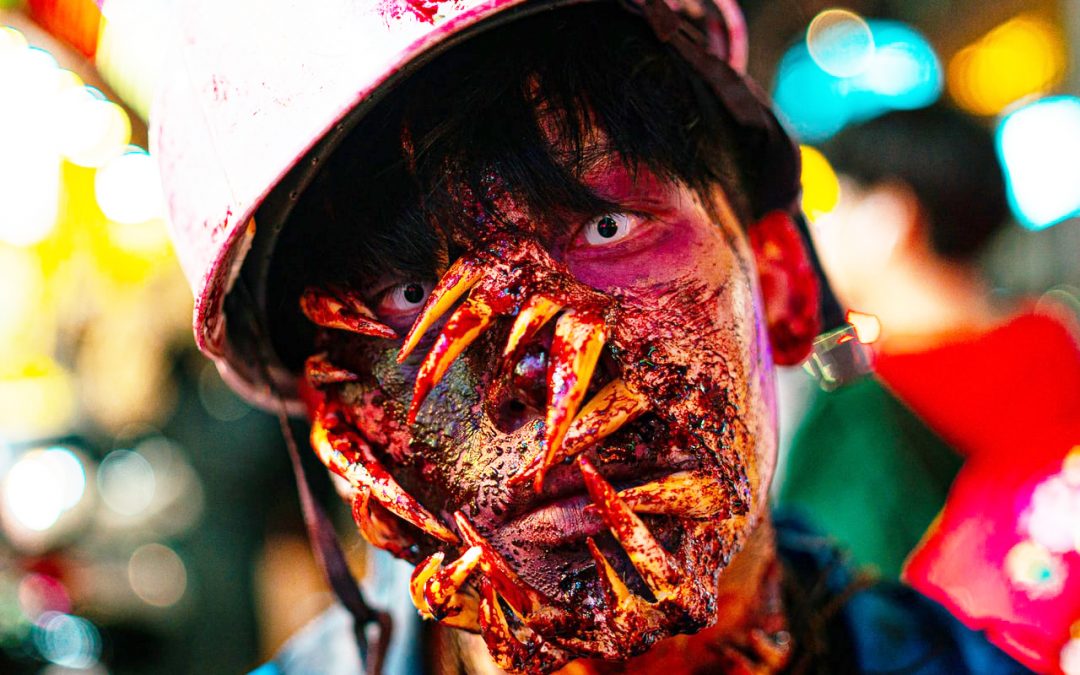
Mar 31, 2022
We discuss the history of the zombie myth and the most common metaphors and tropes in zombie-related cinema and film.
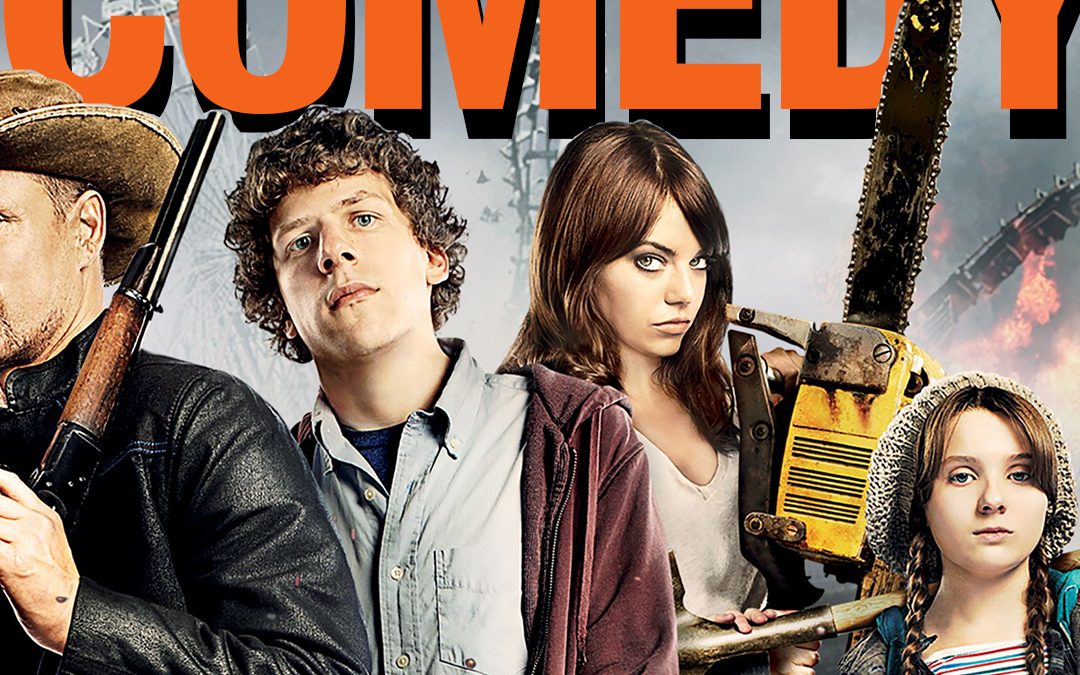
Mar 24, 2022
We discuss the dramatic significance of zombie comedies using Zombieland as an example. Dr. Kyle William Bishop in his article “Vacationing in Zombieland : the classical functions of the modern zombie comedy” applies Northrop Frye’s frameworks for criticism to demonstrate how the zombie comedy is more than just gratuitous violence and should be taken seriously by academic and critics alike. We use specific examples from Bishop, Frye, and the film itself to show why Zombieland, for example, is a traditional dramatic romantic comedy.

